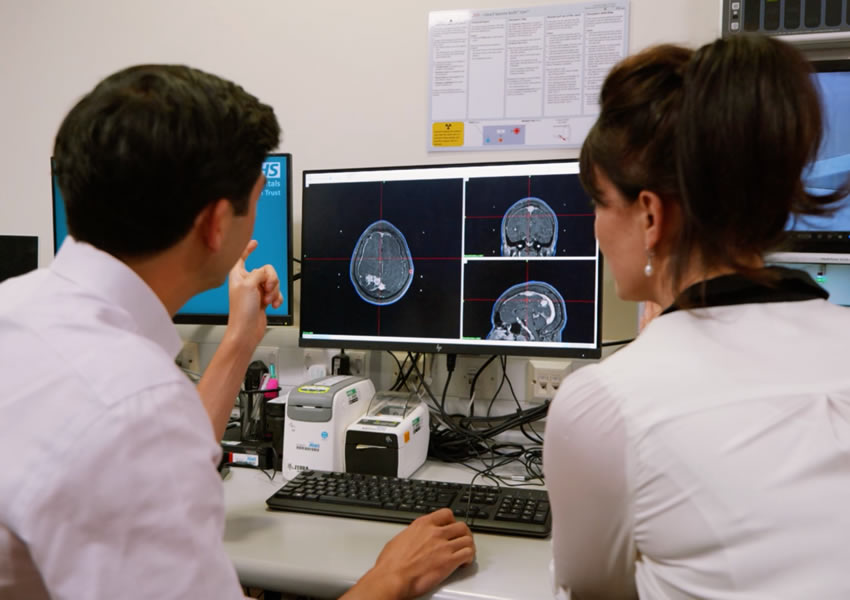In recent years, peptides have been studied and used frequently. Sometimes, they are used interchangeably with proteins. Which is not appropriate. Proteins have more amino acids than peptides. Due to their potential benefits in different fields like skin and hair products as well as their use by gym lovers to build muscle and bone strength, peptides have earned a big place in the market. The Loti Labs Blog offers a good collection of peptides at discounted prices with their “buy 5, get 1 free” deal so everyone can enjoy their benefits.
What are peptides?
To understand the importance of peptides in different fields, first, we need to understand the science of it. Peptides are made up of amino acids arranged in different structures. Similarly, many peptides combine to form protein which makes up about 15% of our body. From maintaining the integrity of our skin to maintaining the structure of our human cells, proteins have very important functions and being the building block of proteins, peptides are equally important.
Peptides in Cosmetics
Our skin is made up of collagen and elastin fibers, both are proteins made up of peptides arranged in specific manners. Collagen provides firmness whereas elastin gives tightness to our skin. According to research, we start to lose 1% of collagen every year after the age of 30. This explains why our skin gets wrinkly and loose as we grow older. Getting exogenous peptides is a way to trick our body to produce more collagen since it can no longer get it from intrinsic sources.
Not only our skin, but our nails and hair also benefit from peptides. They can grow longer and healthier. An added benefit of the peptide is the stimulation of a skin pigment called “melanin” which is used to protect us from sunburn.
Peptides in Food
Peptides, specifically creatinine peptides are also used in food due to their multiple advantages. They are known to increase muscle mass and strength. Fitness fanatics are known to use creatinine peptides as a powder to build their muscles and unlike protein powders, these are easier to digest and have less gastrointestinal problems. Along with muscles, peptides are also believed to reduce age-related bone loss, however, further research is required to back up this claim.
Peptides as food are also known to act as excite superoxide anions that are responsible to improve our body’s defense system. However, surprisingly some peptides are used as antioxidants to maintain the shelf life of products and make them hypoallergenic.
Peptides in Medical Research
With the discovery of Insulin in 1920s peptide has been a major part of medical research and now over 150 peptides have been tried in clinical studies. According to one study done on an eggshell, the scientist concluded that the shell was not merely a barrier but also possessed antimicrobial properties due to its peptide arrangement.
A great advancement in the medical use of peptide is their role in helping to fight cardiovascular disease. Till now, peptides were known to block Angiotensin-Converting Enzyme (ACE), a protein responsible for producing high blood pressure, thus by blocking it, peptides helped blood vessels to relax and maintain low blood pressure.
However, now scientist is broadening their horizons. Till now, our main method to deal with heart problems is focused on prevention of triggers like obesity, high cholesterol, etc, however, with proper structural knowledge of peptides involved in the cardiac system, we can understand their role in vascular damage and thus can focus on the interventional aspect of treating cardiac disease.
If you wish to know more about peptides, The Loti Labs Blog has a comprehensive library of peptide profiles that can enhance your knowledge of peptides.





